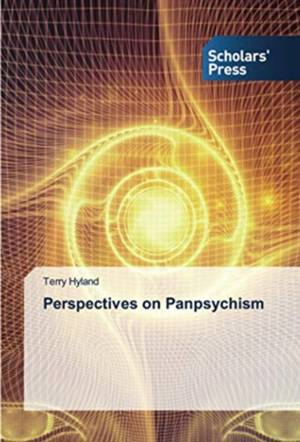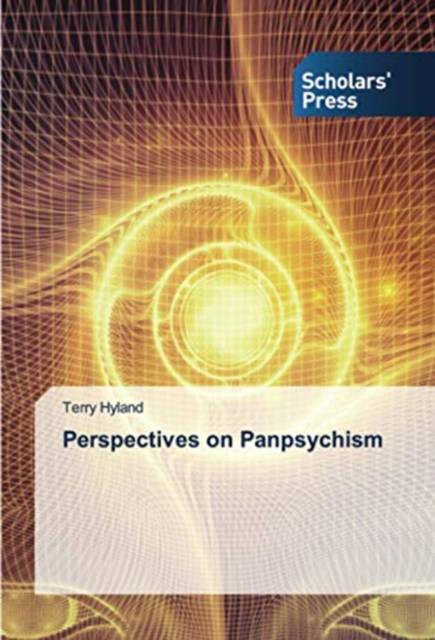
Bedankt voor het vertrouwen het afgelopen jaar! Om jou te bedanken bieden we GRATIS verzending (in België) aan op alles gedurende de hele maand januari.
- Afhalen na 1 uur in een winkel met voorraad
- In januari gratis thuislevering in België
- Ruim aanbod met 7 miljoen producten
Bedankt voor het vertrouwen het afgelopen jaar! Om jou te bedanken bieden we GRATIS verzending (in België) aan op alles gedurende de hele maand januari.
- Afhalen na 1 uur in een winkel met voorraad
- In januari gratis thuislevering in België
- Ruim aanbod met 7 miljoen producten
Zoeken
Omschrijving
Panpsychism has emerged as a key component in attempts to solve the hard problem of consciousness which consists in explaining the existence of non-materialist subjective experiences in a world which mainstream science insists is made up of purely materialist elements. Although contemporary interpretations of panpsychism are, in the main, utilised in trying to solve problems of consciousness, the concept has a long history with diverse and widespread uses and applications. After examining aspects of this history, different versions of panpsychism - physicalist and idealist - are analysed and contrasted. In conclusion, a compatibilist unification is suggested in the form of conscious realism which posits the construction of reality through a network of interacting conscious agents. In conclusion, the principal implications for knowledge, ethics and spirituality of this position are examined within the framework of Buddhist philosophy and practice.
Specificaties
Betrokkenen
- Auteur(s):
- Uitgeverij:
Inhoud
- Aantal bladzijden:
- 68
- Taal:
- Engels
Eigenschappen
- Productcode (EAN):
- 9786138951841
- Verschijningsdatum:
- 26/03/2021
- Uitvoering:
- Paperback
- Formaat:
- Trade paperback (VS)
- Afmetingen:
- 152 mm x 229 mm
- Gewicht:
- 113 g

Alleen bij Standaard Boekhandel
+ 134 punten op je klantenkaart van Standaard Boekhandel
Beoordelingen
We publiceren alleen reviews die voldoen aan de voorwaarden voor reviews. Bekijk onze voorwaarden voor reviews.









